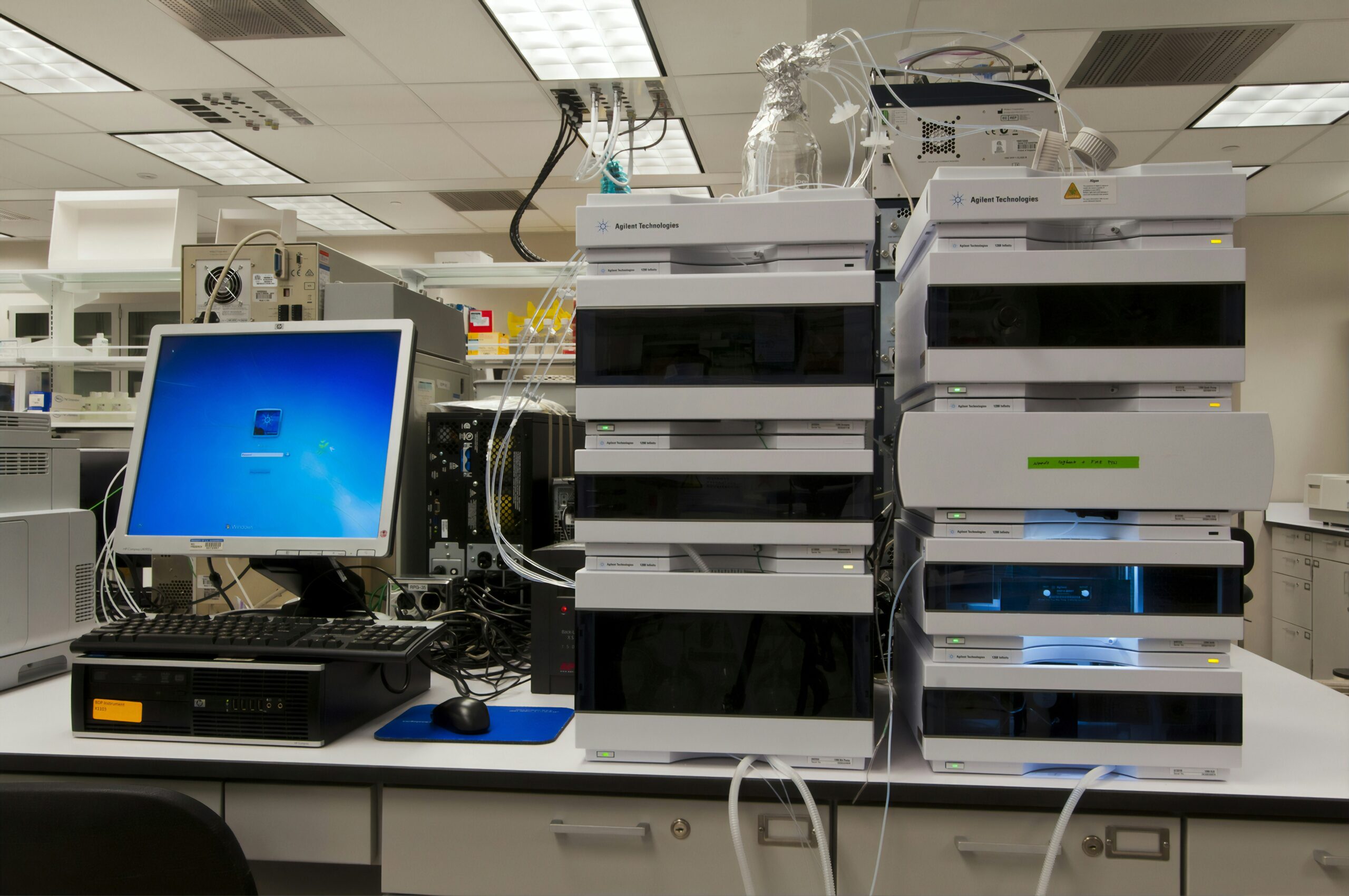About The Study:
A recent study, a secondary analysis of a randomized clinical trial, has revealed a positive correlation between reduced leisure-time screen media use within families and improved psychological well-being in children and adolescents. The study, which focused on families, found that a short-term reduction in screen time led to significant improvements in the mental health of young participants, particularly in terms of mitigating internalizing behavioral issues and fostering prosocial behavior.
The study's findings provide compelling evidence suggesting that limiting screen time can have a positive impact on the emotional and social development of children and adolescents. Internalizing behavioral issues, such as anxiety, depression, and withdrawal, were found to decrease significantly in children who participated in the screen time reduction program. Furthermore, the study observed an increase in prosocial behavior, characterized by empathy, cooperation, and kindness, among these children.
While the study's results are encouraging, it is crucial to acknowledge that the observed benefits were based on a short-term intervention. Further research is necessary to determine the long-term sustainability of these positive effects. It remains to be seen whether the observed improvements in mental health and prosocial behavior persist beyond the initial period of screen time reduction.
Understanding the Study's Significance
The study's findings contribute to the growing body of research highlighting the potential negative impact of excessive screen time on children and adolescents. Previous research has linked excessive screen time to various health problems, including sleep disturbances, obesity, and attention-deficit/hyperactivity disorder (ADHD). This study adds to this body of evidence by demonstrating the potential benefits of reducing screen time for mental health and social development.
Implications for Parents and Educators
The study's findings offer valuable insights for parents and educators who are concerned about the impact of screen time on children's well-being. The study suggests that setting limits on screen time, particularly leisure-time screen use, could be a beneficial strategy for promoting mental health and prosocial behavior in children and adolescents.
Moving Forward: The Need for Further Research
While the study provides promising results, further research is needed to understand the long-term implications of reducing screen time. Future studies should investigate the optimal duration of screen time reduction interventions, as well as the specific types of screen media that are most detrimental to mental health and social development. Additionally, research is needed to explore the potential mediating factors that contribute to the observed benefits of reduced screen time, such as increased engagement in physical activity, social interaction, and creative play.
Conclusion
This study adds valuable insight into the impact of screen time on children and adolescents, suggesting that reducing screen time within families can have positive effects on their mental health and social development. While the study highlights the potential benefits of short-term screen time reduction, further research is necessary to explore the long-term implications and to develop evidence-based strategies for promoting healthy screen use habits in young people.
Article
Technology

Screen Time Cut Improves Kids' Mental Health

